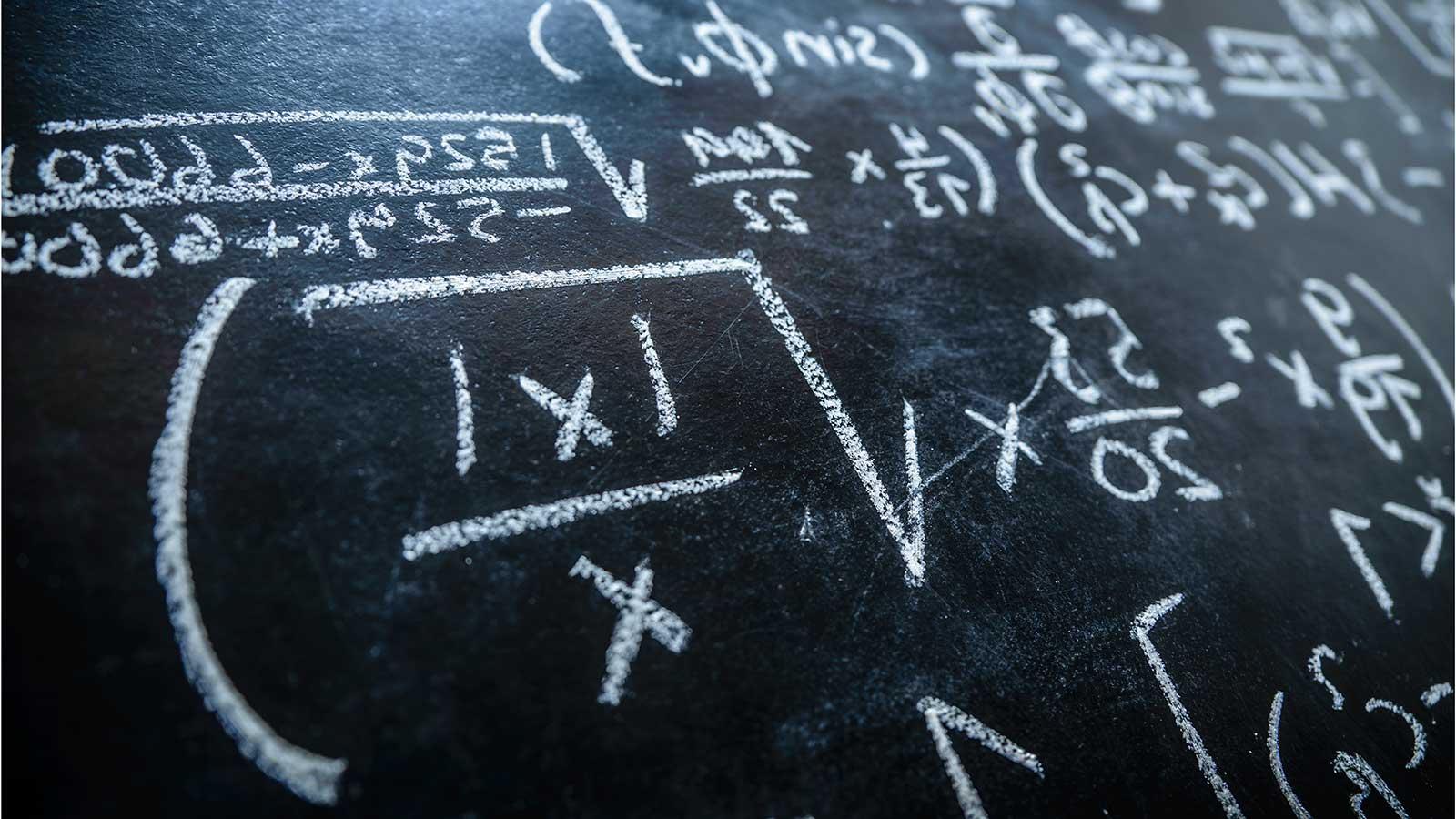
Unlock the Possibilities of Mathematics
Mathematics is a powerful tool — and one with more uses than you may imagine. It's found where you'd expect, in disciplines like engineering and computer science. But, it can also help epidemiologists understand the spread of disease or give medical researchers clues about how tumors grow. Clarkson's math majors are using their skills to work on problems in improving hospital operations, in social justice, in supply chain management, in building submarines and in, well, just about everything!
Why Study Mathematics at Clarkson?
Please don't be confused: the number one reason to study math is ... because you love it. You know you do. Why? Because it challenges you to be a creative problem solver and a critical thinker. And guess what? Those skills are exceptionally valued out in the real world.
Here at Clarkson, you'll find yourself embedded with other folks working on real-world problems. We help you to find your passion and team your critical thinking skills with their hands-on experience to accomplish the incredible.
And, our Mathematics Class of 2023 had a 100 percent placement rate.
What You'll Learn
Our program emphasizes applied mathematics. All your classes will be taught exclusively by faculty.
Available courses include:
- 3-D Space and Projective Geometry
- Abstract Algebra
- Automata Theory and Formal Languages
- Calculus I, II and III
- Computer Algorithms
- Cryptography
- Differential Equations
- Discrete Mathematics and Proof
- Intro to STEM Math
- Mathematical Modeling
- Mathematical Statistics
- Number Theory and Its Applications




